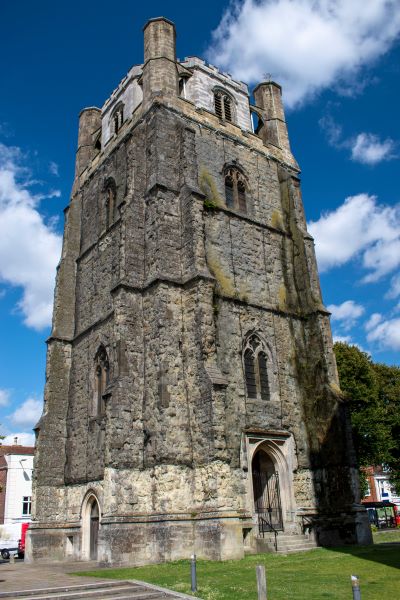 I’m restarting Medieval Mumbles with a slight twist. I won’t simply give you a word selected from the Middle English Dictionary and write a bit about what it means then and now. I’ll also give you a tiny bit of a story. Probably just the opening few lines. You can tell me what happens next in the comments below.
I’m restarting Medieval Mumbles with a slight twist. I won’t simply give you a word selected from the Middle English Dictionary and write a bit about what it means then and now. I’ll also give you a tiny bit of a story. Probably just the opening few lines. You can tell me what happens next in the comments below.
Today’s word is Owris, and is taken from a medieval manuscript titled The Life of Saint Norbert. Here’s the quote “He was amongis hem at mateyns and at pryme and all other owris.” This quote describes when Norbert was with the faithful and translates roughly as “He was among them at matins and at prime and at all other hours.” Obviously, now, the medieval word ‘owris’ is the same word as our present day ‘hours.’ The other rather strange words in this quote, mateyns (Matins) and pryme (Prime) are the names of two of the hours of the medieval clock. Mechanical clocks existed but were not common. People relied on the sun and the ringing of church bells to divide their day. Here’s an example of how this might be used in a story.
Title to be determined: Drat the man! She had not been able to find him anywhere within the castle walls. He must have left before the hour of matins for her to have missed him so completely. It was probably for the best. She would not have to seek his permission at all. She’d speak privately with the baliff, who was loyal to her, and let him take care of the matter. Her new and unwanted overlord need never know what she planned. (These words are copyrighted to Rue Allyn 9/14/2020).
*The image is courtesy of Shutterstock.com and is of the Bell Tower in Chichester, West Sussex, England, situated next to the famous Cathedral. This is a medieval tower and dates from the 15th century, and is still used for bell ringing.


Recent Comments